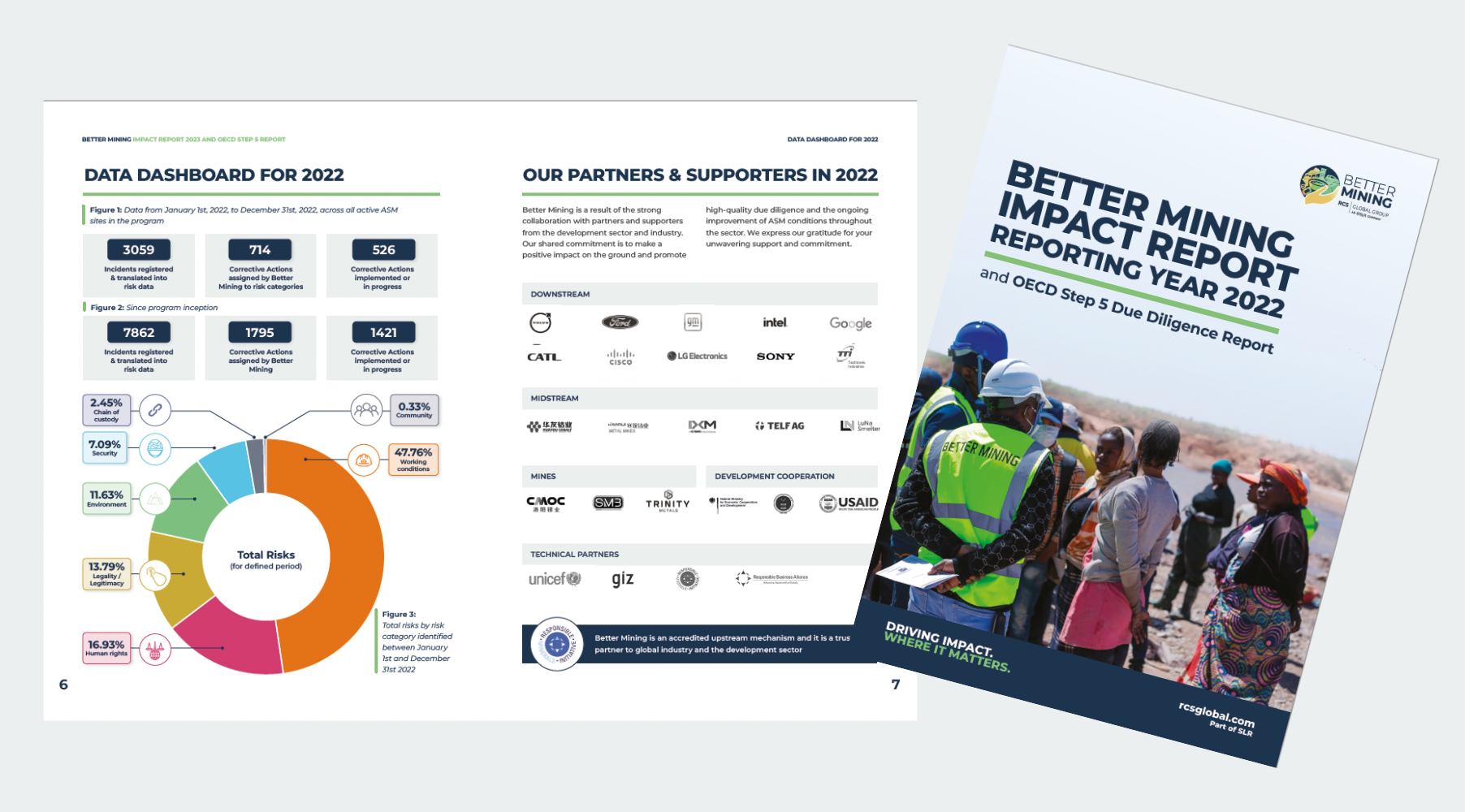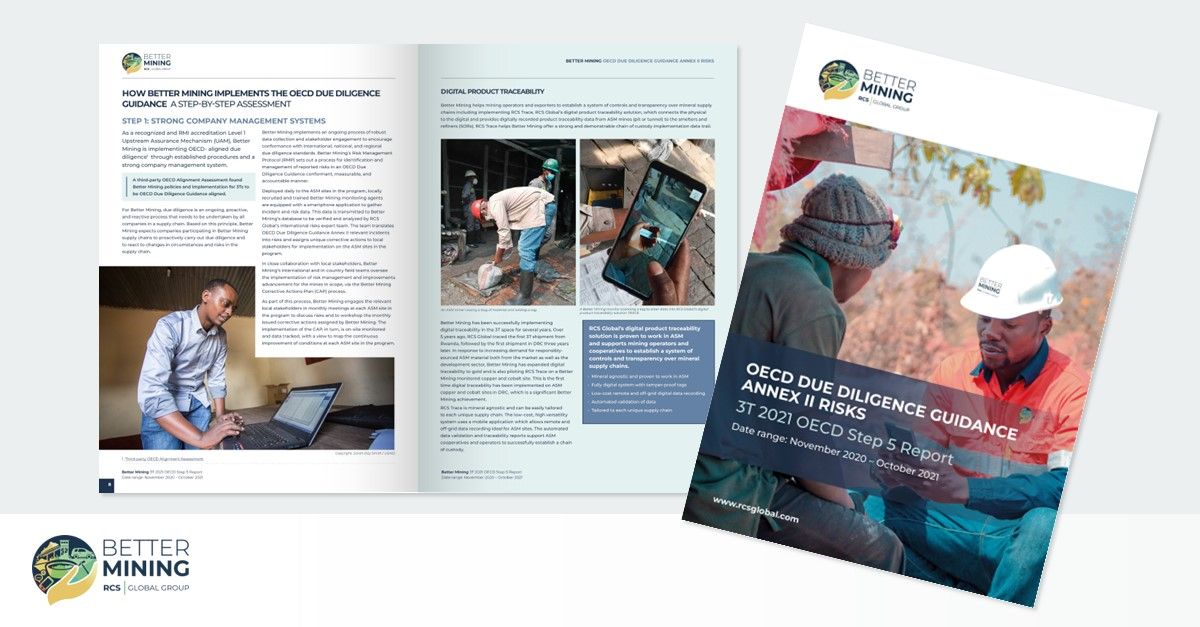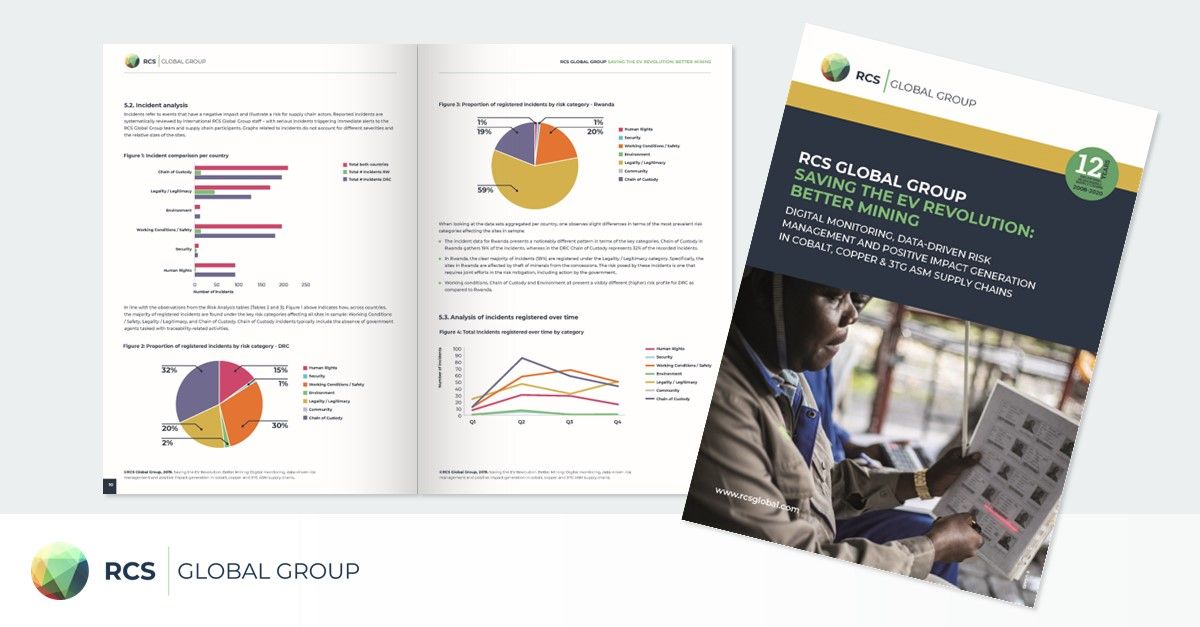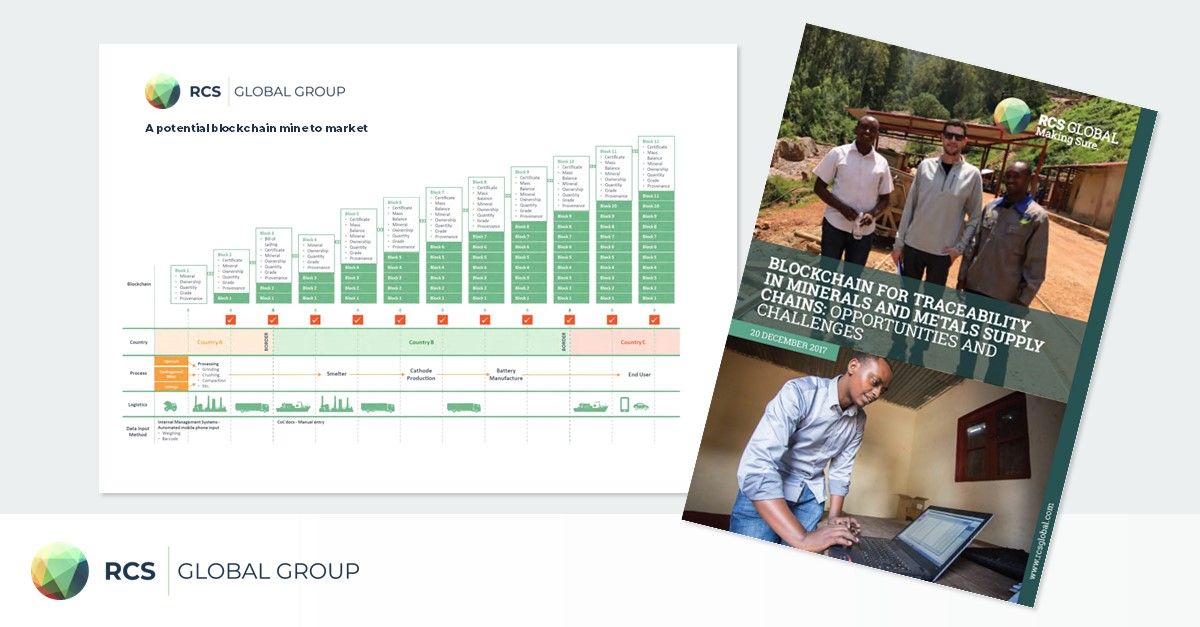THE EU BATTERY REGULATION
On 17 August 2023, the new EU Battery Regulation entered into force, establishing new sustainability and safety requirements for batteries as well as due diligence and reporting obligations for companies placing batteries on the EU market. The regulation is part of a series of EU policies designed to implement the European Green Deal with the goal of achieving climate neutrality by 2050.
THE EU BATTERY REGULATION
On 17 August 2023, the new EU Battery Regulation entered into force, establishing new sustainability and safety requirements for batteries as well as due diligence and reporting obligations for companies placing batteries on the EU market. The regulation is part of a series of EU policies designed to implement the European Green Deal with the goal of achieving climate neutrality by 2050.
It is yet to be seen how the Regulation will be interpreted and applied in practice in the EU Member States and many provisions remain largely undefined pending further elaboration through delegated acts. However, its adoption will undoubtedly have implications for the entire battery value chain, within as well as outside the EU. Some of the requirements will become mandatory as early as in 2025, meaning that companies have little time left to ensure their compliance with the Regulation.
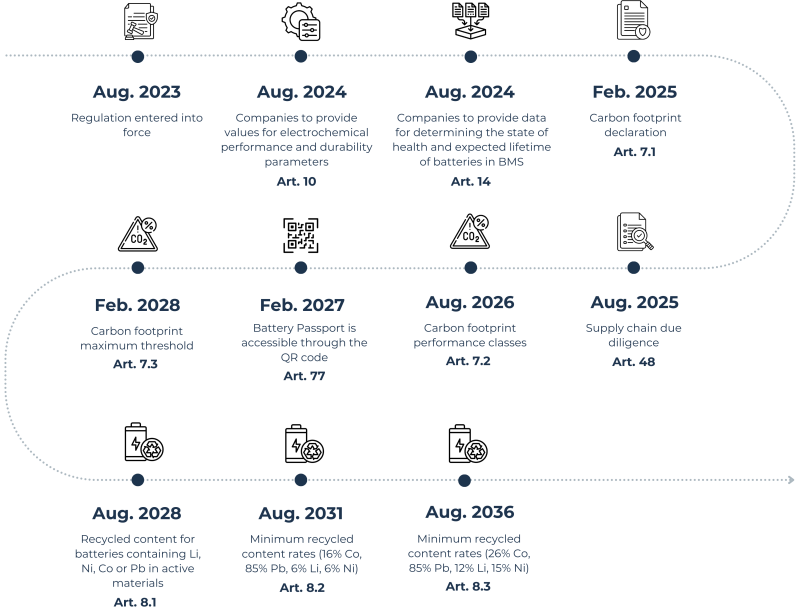
BATTERY TYPES COVERED BY KEY PROVISIONS
Due Diligence Obligations (Articles 47-53 and 84) | All categories of batteries. |
Carbon Footprint (Article 7) | Rechargeable industrial batteries with a capacity above 2 kWh, LMT batteries and electric vehicle batteries. |
Recycled Content (Article 8) | Industrial batteries, with a capacity above 2 kWh, except those with exclusively external storage, electric vehicle batteries, light means of transport (LMT) batteries and SLI batteries that contain cobalt, lead, lithium or nickel in active materials. |
Digital Battery Passport (Articles 77 and 78) | LMT batteries, industrial batteries with a capacity above 2 kWh and each electric vehicle battery placed on the market or put into service. |

CORE REQUIREMENTS FOR ECONOMIC OPERATORS
Account for and declare carbon footprint at different stages of the battery life cycle.
Establish a due diligence management system to address human rights and environmental risks in battery supply chain.
Label batteries with a QR code that provides access to a battery product passport, including information regarding due diligence, carbon footprint and recycled content.
Account for and declare recycled content, including meeting increasing targets of using recycled content.
WHAT DOES IT MEAN FOR YOUR COMPANY?
The new Regulation significantly expands the existing rules on safety, sustainability and due diligence and is expected to have a substantial impact on the market within and outside the EU. Large OEMs from the automotive, renewables and electronics sectors, battery cell and component producers, as well as miners, refiners and recycling companies will be among those affected by the new requirements and can already take the initial steps to prepare for the implementation.
DOWNSTREAM
- Enhance due diligence systems and align supplier requirements with regulatory standards.
- Collect data on suppliers and operations to identify and address key environmental and human rights risks.
- Set up chain of custody and traceability for battery minerals by ensuring transparency in the supply chain.
- Report publicly on supply chain due diligence through annual disclosures and the electronic battery passport.
- Engage with standard-setting bodies to promote good practice and use industry schemes to avoid audit fatigue.
UPSTREAM
- Implement a robust due diligence management system in line with the OECD Due Diligence Guidance as a minimum.
- Prepare for stricter customer demands on responsible minerals extraction, emphasising social and environmental risks.
- Implement relevant minerals due diligence and responsible mining standards and participate in third-party assurance programmes.
- Provide relevant due diligence and carbon footprint data to downstream partners.
HOW CAN RCS GLOBAL SUPPORT YOU?
Responsible sourcing strategy and governance advisory.
Gap analysis of company policy, processes and systems against the requirements of the regulation.
Development of comprehensive due diligence management systems.
Staff and supplier training on ESG risk management.
Mapping and auditing companies’ battery raw material supply chains.
Meeting disclosure and reporting requirements.
Assessment and mitigation of social and environmental risks in the supply chain.
Public reporting, external stakeholder engagement and advocacy strategy.
meet regulatory requirements
Navigate the responsible sourcing and production standards landscape to ensure meaningful engagement
with upstream partners and strong sustainability performance throughout the supply chain.
WANT TO LEARN MORE?
Explore our comprehensive 20-page commentary on the EU Battery Regulation written by our responsible sourcing experts, where we provide in-depth analysis and insights into its impact on the industry, compliance strategies, and best practices.
Gain a deeper understanding of the regulation’s implications and discover how we can assist your company in navigating the changing landscape effectively.
EXPLORE OUR SOLUTIONS – CLARITAS BATTERY PASSPORT
Based on the lessons learned from one of the world’s first battery passports, RCS Global launches a Battery Passport Solution, Claritas. In 2023, RCS Global and stakeholders of the automotive, energy and battery industries will establish a joint data ecosystem that manages multiple, complex data points and ensures consistency of data within the chain of custody.
In addition, the RCS approach will provide a digital solution for a battery passport that meets all requirements of the EU Battery Regulation and that allows traceability within a supply chain and that protects commercial data at the same time.
LATEST PUBLICATIONS
EXPLORE THE WORLD OF RESPONSIBLE SOURCING

RCS Global Group’s Better Mining Upstream Mechanism achieves full alignment rating with OECD Guidance

Commentary: Prepare for the European Critical Raw Materials Act

The RE-SOURCING Project Webinar and Networking Event

Meet RCS at Hannover Messe 2024



